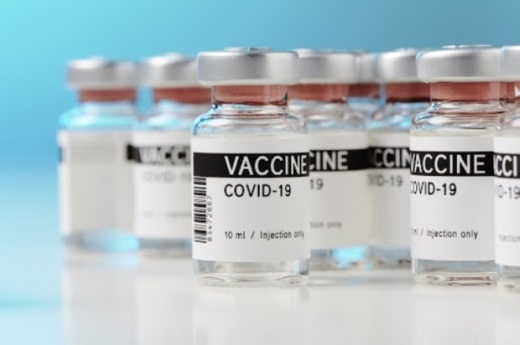The Texas Department of State Health Services on Feb. 4 held a virtual press conference—its second in as many weeks—updating its process on the state’s COVID-19 vaccine rollout plan.
During the department’s Jan. 28 presser, Imelda Garcia, the associate commissioner for laboratory and infectious disease services, extolled Texas’ accomplishments up to that point: 1.7 million people had received the first dose of some version of the vaccine, and about 370,000 had been fully vaccinated.
But aside from explanations with regard to the state’s rollout process and procedure, the Jan. 28 session was short on answers.
The DSHS could not say when exactly the rollout would include a group beyond phases 1A and 1B—front-line health care workers and those who are more likely to become very sick or die if they are infected with COVID-19, respectively—and a group tentatively referred to as Phase 1C.
Nor could the department answer who would be included in the new group.
There were no such updates during the Feb. 4 presser, but Garcia said the state had now administered more that 2.7 million doses of the vaccine.
That figure includes more than 1 million people over age 65 who have been vaccinated, amounting to a rate of 1 in 4.
As far as who will be included in the Phase 1C group and when that allowance will go live, Garcia said the department’s expert vaccine allocation panel continues to discuss options, but so far nothing is concrete.
“We haven’t made a final decision yet, but we do expect to have a robust conversation ... in order to finalize those decisions,” she said. “As soon as we have those recommendations on the eligible population and ... that is approved, we will be sharing that forward.”
For now, while the state remains in the first phase of the rollout, the DSHS issued a recommendation that vaccine providers focus on elderly recipients.
“We want to put an emphasis on vaccinating people who are at least 75 years old, since they are at the greatest risk,” Garcia said.
Another focus for the state this week has been increasing vaccine dispersal to some of the more underserved areas of Texas, and Garcia said one example of that goal is Denton County.
“We knew we needed to target a one-time allocation to [Denton County] in order to get them caught up,” she said. “So, they did receive a significantly large allocation this current week and will be returning back to [normal] allocations moving forward.”
This week the Centers for Disease Control and Prevention announced its Federal Retail Pharmacy Program, which is a collaboration between the federal government, states and territories, and 21 national pharmacy partners and independent pharmacy networks to increase access to COVID-19 vaccination across the United States.
Garcia said while the program will start by allocating 1 million doses nationwide, the DSHS does not yet have word on how many will be sent to Texas.
Nevertheless, it will be good to have those extra doses go to the state’s pharmacies, she said.
While the state is seeing around 400,000 vaccines coming to Texas per week, Garcia said ideally she would like to more than double those figures.
"With regard to what we think we would need in order to vaccinate everyone fully, I would love for us to be easily seeing 1 million doses a week," she said. "I think that would really help us go a lot faster, but obviously that depends on the supply chain."





